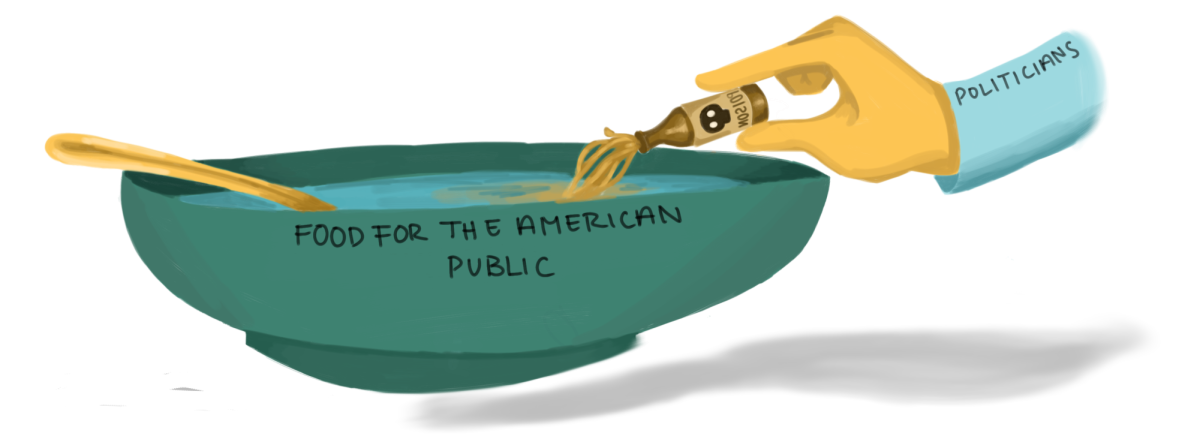As we progress through high school, we constantly grow more intelligent. Each day, we learn a new function or two in math, read a chapter of history, and have a class discussion in English. Although most of us would not find this enjoyable, for the most part, we do learn from it. We make mistakes, learn from them, and fix them. This process of learning, if applied actively, will most likely lead any student to the grade he wants, and that means success, right? It certainly means that you know the material and are now that much smarter. But, aside from a decent grade, how much credit do you get for what you learned in school? How can what you learned in your academic life even be measured? According to colleges, the answer to these questions is simple: standardized testing.
Standardized testing is quite convenient; it sums up four years of work in just about four hours on a Saturday morning. But is doing such a thing accurately even possible?
The ACT claims to test competence in English, math, reading, science, and writing. However, the Princeton Review, one of the more popular test prep companies, claims that the ACT tests only one ability: the ability to take the test. You don’t have to be a math genius or a bookworm to get a decent score, you just have to be able to answer the questions correctly, whether you truly know the answer or not.
I believe that while the ACT and SAT do require some content knowledge, they do not accurately measure a student’s level of intelligence. For example, take a student who would normally get a 1500 on the SAT (the national average). Suppose that on test day, that student simply happens to get a test with an essay topic about which he can write a lot. Consequently, the student does well and scores significantly above what he would normally score, allowing him to get into a better college. It makes no sense for this to happen. The student didn’t score higher because he was smarter, but because he found the test easier for him that day.
A second problem with these tests is the time restraint. It is understandable that testing companies want to test for one’s ability under the pressure of time, but is that the only way to do it? What if, perhaps, a student made a simple mistake on a math section? This type of mistake, almost inevitable, can cause a slight time delay. This type of delay, however, often defines the border between answering a question right or wrong. The hole in the testing plan here is that the student knew the content perfectly well. He saw the question, found a solving strategy, and solved the question, making a small, careless mistake on one of the calculations along the way. However, that student just missed the entire question, as he could not afford to check over his work and catch the error within the time given.
My point here is not that standardized testing should be stopped altogether. After all, it provides a standard by which colleges can equally judge all their applicants. My point is that standardized testing should be modified to be more representative of what we learn in school. After all, the ability to fill in bubbles certainly is not the only way to test knowledge.







